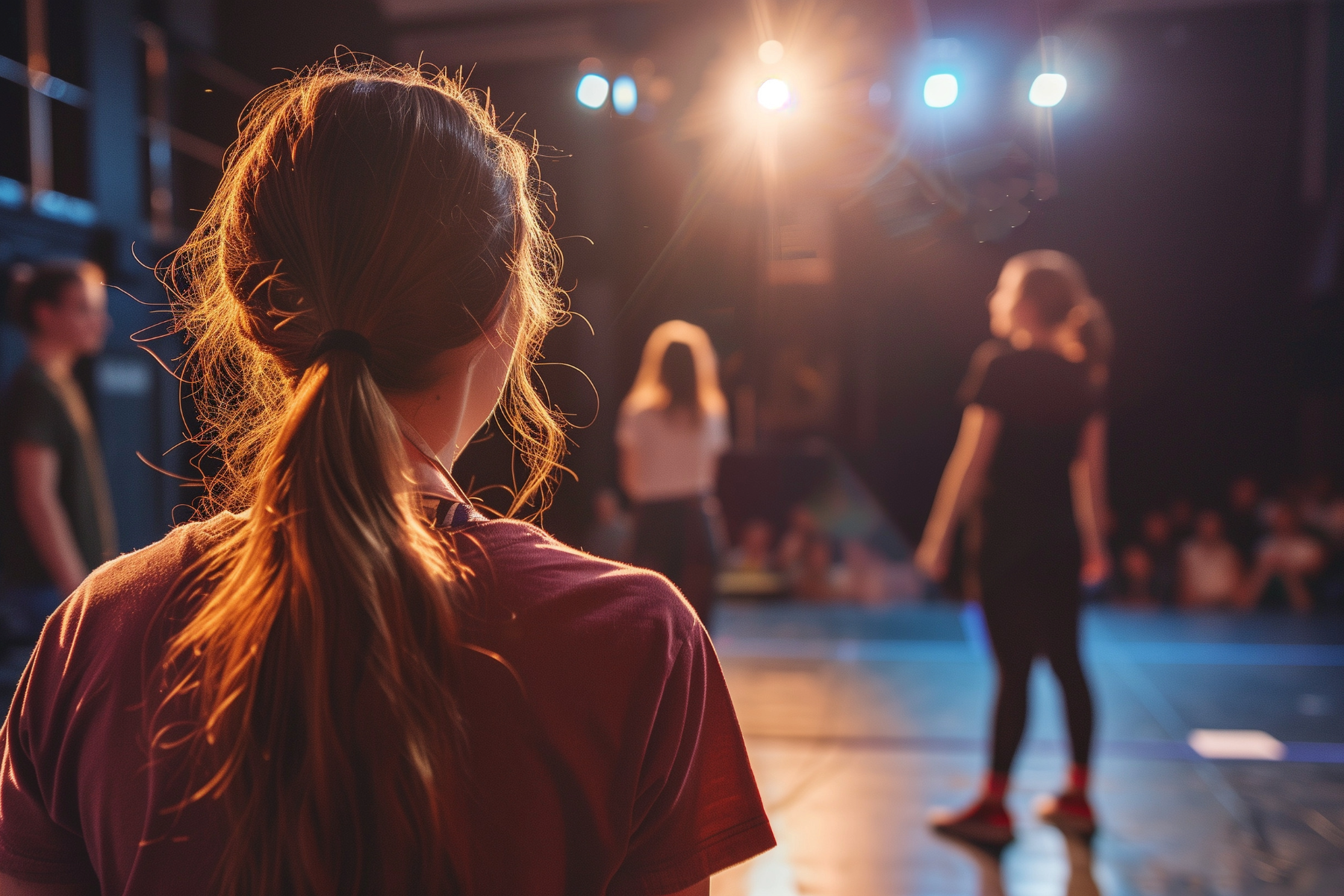
Understanding Music & Performing Arts in After-School Programs
Detailed Insights & Information About Music & Performing Arts Activities In After-School Programs
Quick Navigation
Music & performing arts activities in after-school programs provide children with opportunities to explore their creativity, build confidence, & develop new skills.
Activities can include choir, drama, instrumental lessons, and dance.Participation in music and performing arts is crucial for holistic child development. These activities enhance cognitive abilities, improve emotional expression, and foster social skills. They offer a platform for children to express themselves and work collaboratively with peers.
Explore how music and performing arts fit into the broader scope of after school programs on our Comprehensive Guide to After-School Programs.
Types of Music & Performing Arts Activities
By participating in these diverse music and performing arts activities, children can develop a wide range of skills that benefit them both academically and personally, fostering a lifelong appreciation for the arts.
-
Vocal Training: Choir programs teach children vocal techniques, breath control, and harmonization. Participants learn to read music, follow a conductor, and sing in unison or harmony with a group.
Performance Opportunities: Children in choir programs often participate in performances, which helps build confidence and stage presence.
Teamwork: Singing in a choir requires coordination and collaboration with peers.
Musical Literacy: Learning to read sheet music and understand musical notation enhances overall musical knowledge.
Example: A student who joined the choir improved their vocal skills and gained confidence performing in front of an audience, which also positively impacted their participation in classroom activities.
"Participation in choir can enhance children's social skills and academic performance." – Music Educators Journal.
-
Acting and Performance: Drama activities involve acting, script reading, and stage performance. These programs help children develop public speaking skills, creativity, and confidence.
Creative Expression: Drama classes allow children to explore different characters, emotions, and scenarios, fostering empathy and imagination.
Communication Skills: Acting requires clear communication and articulation.
Emotional Intelligence: Children learn to express and understand a range of emotions through different roles and scenarios.
Example: A shy student found their voice through drama classes, leading to improved social interactions and participation in school activities.
"Drama education can significantly improve students' social and emotional learning." – Educational Theatre Association.
-
Individual and Group Lessons: Instrumental programs offer lessons in various instruments such as piano, guitar, violin, and more. Children can take individual lessons for focused instruction or group lessons to learn ensemble playing.
Musical Techniques: Lessons cover fundamental techniques, music theory, and practice routines to help children master their chosen instrument.
Discipline and Patience: Learning an instrument requires regular practice, discipline, and patience.
Cognitive Benefits: Studies show that learning an instrument can improve memory, spatial reasoning, and mathematical abilities.
Example: A child who struggled with attention issues found focus and enjoyment in learning the piano, which also translated to better academic performance.
"Learning to play an instrument can enhance cognitive development and academic achievement in children." – American Psychological Association.
-
Various Styles: Dance classes cover a range of styles, including ballet, jazz, hip-hop, and contemporary. Each style offers unique benefits and challenges.
Physical Fitness: Dance improves flexibility, strength, and coordination, contributing to overall physical health.
Self-Expression: Dance allows children to express themselves creatively through movement.
Physical Health: Regular dance practice enhances physical fitness and motor skills.
Example: A student who joined a hip-hop dance class gained confidence and improved their physical fitness, which positively affected their overall well-being.
"Dance education can improve physical health and enhance emotional well-being in children." – National Dance Education Organization.
Music and performing arts are integral components of comprehensive after-school programs. They provide creative outlets that complement academic and physical activities, promoting well-rounded development in children.
Learn more about how arts and crafts activities fit into our Comprehensive Guide to After-School Programs.
Key Takeaways
Takeaway 1: Participation in music and performing arts enhances cognitive and social skills.
Takeaway 2: These activities offer emotional benefits and build confidence.
Takeaway 3: Choosing the right music and performing arts activity is essential for fostering a child’s talents and interests.

Related Articles & Resources
FAQs
Visit our After-School Programs page for more details.
-
We offer activities including choir, drama, instrumental lessons, and dance.
-
They enhance cognitive development, emotional expression, and social skills.
-
Consider your child's interests, the quality of the program, and the experience of the instructors.


